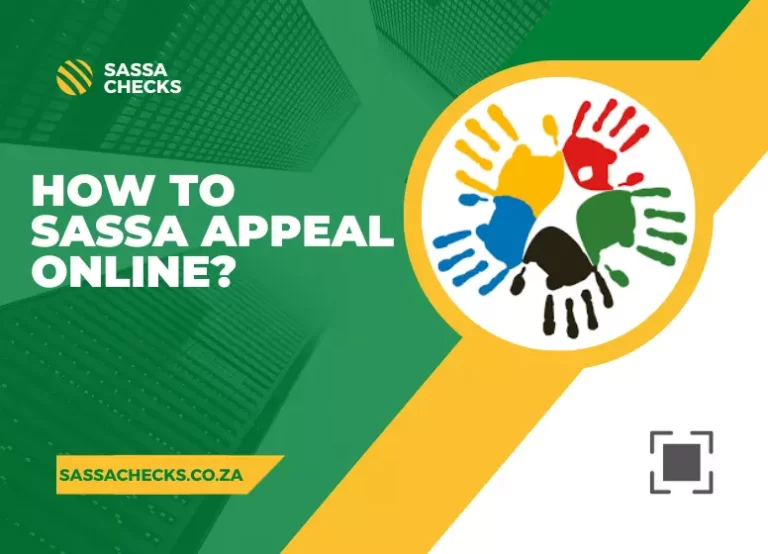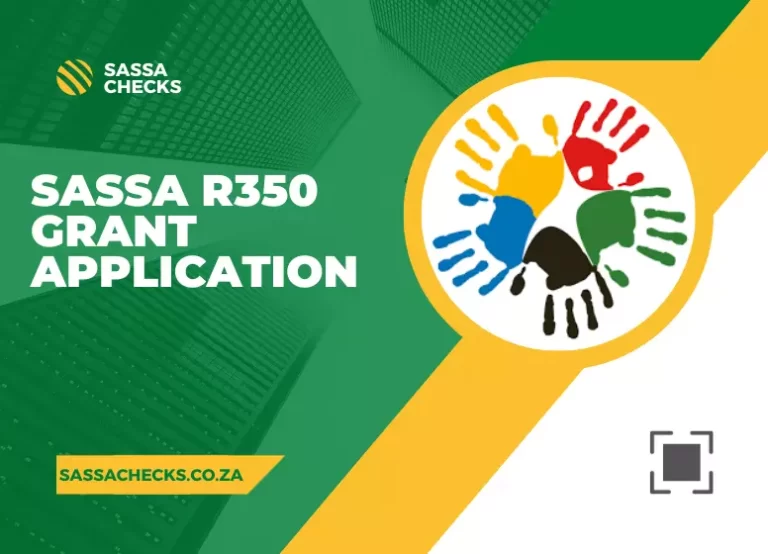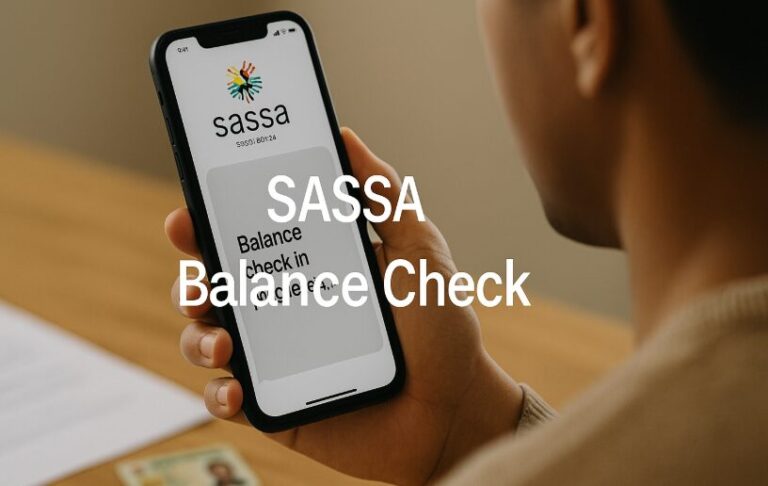SASSA Foster Care Grant: Eligibility and How to Apply
The Foster Care Grant is money given by the South African Social Security Agency (SASSA) to help foster parents take care of the children they are looking after. This guide will explain all the important details about the Foster Care Grant. It includes who can get the grant, how to apply for it, what papers you need to provide, and answers to common questions people have about the grant.
Foster Care Grant Overview
The Foster Care Grant is money given every month to foster parents by the South African government. This financial help is meant to ease the money problems foster parents might have and to support them in taking good care of the children they are fostering. The grant is given for each child, so the more children a foster parent looks after, the more money they will get in total.

Eligibility Requirements
To qualify for the Foster Care Grant, applicants need to meet several eligibility requirements. It is important to make sure all these conditions are met before applying to avoid any delays or rejections.
- Citizenship and Residency: The applicant must be a South African citizen, a permanent resident, or a refugee.
- Current Foster Care: The applicant must already have at least one child in their foster care at the time of application. If the applicant is planning to take in a child only after getting the grant, the application will be rejected.
- Residency of Child: Both the foster parent and the foster child must live in South Africa.
- Court Order: The foster child must be placed in the care of the foster parent by a valid court order. This court order must specify the reasons for foster care, such as the child being an orphan, neglected, or abused.
- Age of Child: The foster child must be under 18 years old.
Also read Which Bank Does SASSA Use?
Applying for the SASSA Foster Child Grant
The application process for the Foster Care Grant can be completed either online or by visiting a SASSA office. However, obtaining a court order confirming legal foster care is a prerequisite. This court order can be acquired from the Department of Social Development.
Application Methods
- In-Person Application:
- Visit the nearest SASSA office during business hours.
- Request and fill out the application form with the assistance of a SASSA officer.
- Receive a dated and stamped receipt as proof of application submission.
- Online Application:
- Access the SASSA online application portal.
- Complete and submit the application form digitally.
- Follow up with any additional documentation required via mail or online submission.
Documents Required for Application
When applying for the Foster Care Grant, ensure you have the following documents ready:
- Foster Child’s Birth Certificate: If unavailable, a sworn statement or affidavit may be provided.
- Applicant’s South African Identity Card: A sworn statement or affidavit can be used temporarily if the ID is unavailable.
- Refugee Status Documentation: For refugees, a status permit and refugee ID are necessary.
- Spouse’s South African ID: If applicable, a sworn statement or affidavit may be used if the ID is unavailable.
- Proof of Relationship Status:
- Marriage Certificate: If married.
- Divorce Order: If divorced.
- Death Certificate: If the spouse is deceased.
- Sworn Statement or Affidavit: For other relationship statuses (e.g., living with a partner).
- Court Order: Confirming the child is entrusted to the foster care of the applicant. People can also look grant application progress.
How Much Is Foster Care Grant?
The Foster Care Grant amount is R1130 per child per month. This amount is reviewed and subject to increase every six months to account for inflation and the rising cost of living. Read about How to Buy Airtime?
The SASSA Foster Care Grant provides essential financial support to foster parents in South Africa, ensuring that children in need receive the care and stability required for their well-being. To be eligible for the grant, applicants must be officially recognized as foster parents through a court order and meet specific criteria set by SASSA, including financial need and residency requirements.






